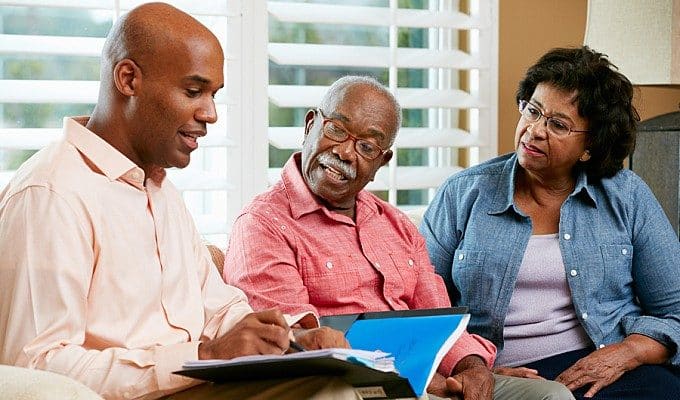Many people face a time when they are unable make important decisions independently. You may have a grandparent, parent, or even a spouse who is experiencing this and needs someone else to make key decisions on his or her behalf. This process is more streamlined if a trustworthy person has been granted that responsibility on a power of attorney form.
What Is a Power of Attorney?
In short, it’s a legal document that gives someone, often called an agent, the legal authority to make decisions for another person who is unable to make them independently. The laws surrounding power of attorney are a little more complicated than that and vary from state to state. No matter the location, however, these documents are the best way to ensure that someone trusted is making decisions.
Because the laws aren’t consistent, it’s important to consult with a local lawyer about a power of attorney. And there’s no reason to wait — the powers will only go into effect when the need arises. In fact, if your loved one is not of sound mind at the time the documents are signed, there may be problems naming you or another chosen agent on the power of attorney. AARP offers a FAQ section about power of attorney that may answer other questions you have.
What Am I Tasked With?
There are several types of powers that can be granted with a power of attorney. The most common form is a general power of attorney. This document will grant the agent the ability to make decisions regarding the following aspects of a loved one’s life:
- Finances
- Healthcare
- Guardianship
- Long-term care
- Life-sustaining treatments
A specific power of attorney is needed to grant decision-making power on only one issue, such as healthcare or finances. Each person named is responsible for understanding the powers and responsibilities pertaining to it.
What Should I Be Aware Of?
Your loved one can name a sibling, spouse, other relative, or even a friend. This means that even though you’re serving as a caregiver, the power to make decisions may not be granted to you. Your loved one may also name co-agents, meaning you may share the responsibility with someone else.
In these cases, disagreements may arise when what you feel is best differs from the person with whom you share responsibility. It’s important to remember that you’ve been tasked with making decisions as your loved one would have, not as you would for yourself.
Having a power of attorney in place is the easiest way to deal with the legal aspects that could arise should your loved one need assistance with important decisions. If they haven’t already, asking your family members to fill out this document is a great idea. This will allow everyone peace of mind, knowing that future decisions are in good hands.




